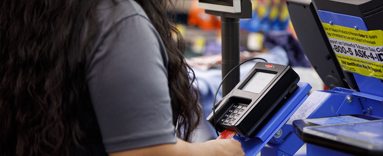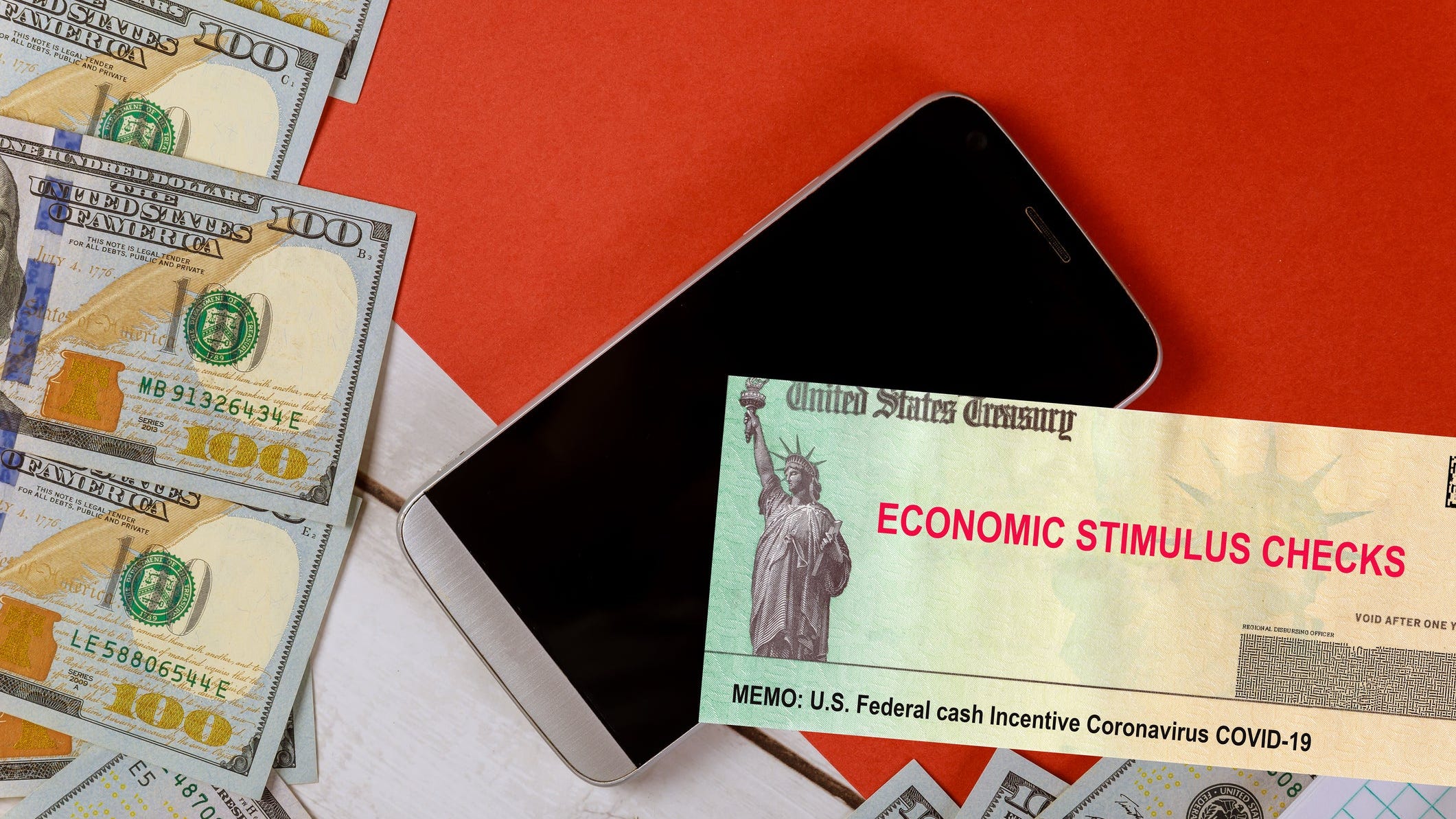The coronavirus pandemic taught Marlon Watkins a valuable lesson about his stimulus money: invest for the future.
After Watkins, 24, was laid off last spring when the pandemic closed restaurants across the country, he was determined to put his second and third stimulus checks toward investing once he got back on his feet.
“While unemployed, I realized I wasn't set up for success,” says Watkins, an Army veteran who lives in Fresno County, California.
By November, more than half a year of being out of work, he was hired by Pacific Gas and Electric Co., one of the nation's largest utilities, as a customer service representative. At that moment, he decided to make investing a priority.
“It was a wake-up call," Watkins said. "I had no money saved. I was worried about all my bills that I couldn’t manage.”
Young Americans plan to invest stimulus aid in stocks
Watkins is one of many young investors who plan to use their relief payments to snatch up stocks, according to a recent survey from Deutsche Bank.
Half of the respondents between 25 and 34 years old plan to spend 50% of their COVID-19 relief payments on stocks, the study showed, which published the report in February. It surveyed 430 users of online broker platforms between Feb. 5 and 9.
Some Americans have already started seeing the funds from the third stimulus after the first batch of payments hit some bank accounts over the weekend.
The pandemic lockdowns have spurred a retail investing boom, with more individuals opening online brokerage accounts. Trading stocks has become a common use for the stimulus checks, analysts say. It has also sparked interest in so-called meme stocks following the Reddit-fueled surge in GameStop earlier this year.
Prior stimulus payments were widely reported as being used for investing. More than two-thirds (72%) of respondents got a stimulus payment and more than half (53%) say they invested some of the stimulus money in the stock market.
Although a small share (8%) of the overall investments came from the prior stimulus checks, respondents say they plan to put a big chunk (37%) of any forthcoming stimulus directly into stocks.
Investors eye bitcoin, too
Watkins, who continues to contribute to his retirement plan from his time in the military, plans to use his third stimulus check to buy more stocks through his brokerage account. He is also considering buying bitcoins.
“Now I’m back on my feet and want to invest so that I’m prepared for the next time something like this happens,” Watkins said.
A separate survey released Monday estimates that 10% of the stimulus payments, or nearly $40 billion of the $380 billion in direct checks, may be used to buy bitcoins and stocks, according to Mizuho Securities, which surveyed 235 individuals with less than $150,000 in household income.
In fact, the digital currency, which has had a record-breaking run recently, was the preferred investment choice among 200 of the respondents who expect to receive a third round of direct payments. Two out of 5 recipients plan to invest some portion of their checks in bitcoins and stocks.
Others up their retirement contributions
Jonathan Caldwell, a 34-year-old UPS driver, has begun investing more outside of his company's retirement plan.
He will be a father for the first time next month. With a son on the way, he used his stimulus checks to build his nest egg.
“I started prioritizing for the future,” Caldwell said. “I want to be able to leave my son with something.”
More than half of respondents upped their investments in stocks over the past year, with just under half (45%) investing for the first time, the Deutsche Bank survey found.
During the pandemic, Caldwell upped his contributions to his company’s 401(k) plan. He also opened a brokerage account with Robinhood rival Webull, a Chinese-owned brokerage, where he scooped up shares of Canadian marijuana producer Aurora Cannabis.
The Huntsville, Alabama, resident thought about buying bitcoins but is worried about the volatility.
To be sure, bitcoin is a highly speculative investment. It hasn't performed as well as more traditional forms of investing, like stocks or bonds, unless a buyer was in the currency years before it caught on.
“Investing has been a learning experience. Growing up Black, I felt like I didn’t always have the information that everyone else was privy to,” Caldwell said. “I want to try to invest as much as possible so that I’m comfortable when I retire.”
Invest for the long haul
Some people may have suffered financial losses last spring if they pulled their money out of the market if they were fearful, and then missed out on hefty gains.
Others could be first-time investors, jumping in following the GameStop frenzy, who may not be aware of the risks to stock picking like renowned investors such as billionaire Warren Buffett.
Long-term retirement investors need to understand how to buy and hold over the long term to build their nest egg, according to Yosef Bonaparte, an economics professor at the University of Colorado Denver.
"Don’t enter and exit the market often," says Bonaparte, and added "Don’t time the market."
Set a long-term strategy and then try dollar-cost averaging, Bonaparte added, by contributing a set amount of money into investments at regular intervals. Those who contribute to a 401(k) or make scheduled transfers into an IRA already do this.
This article was originally published by Jessica Menton, usatoday.com.










